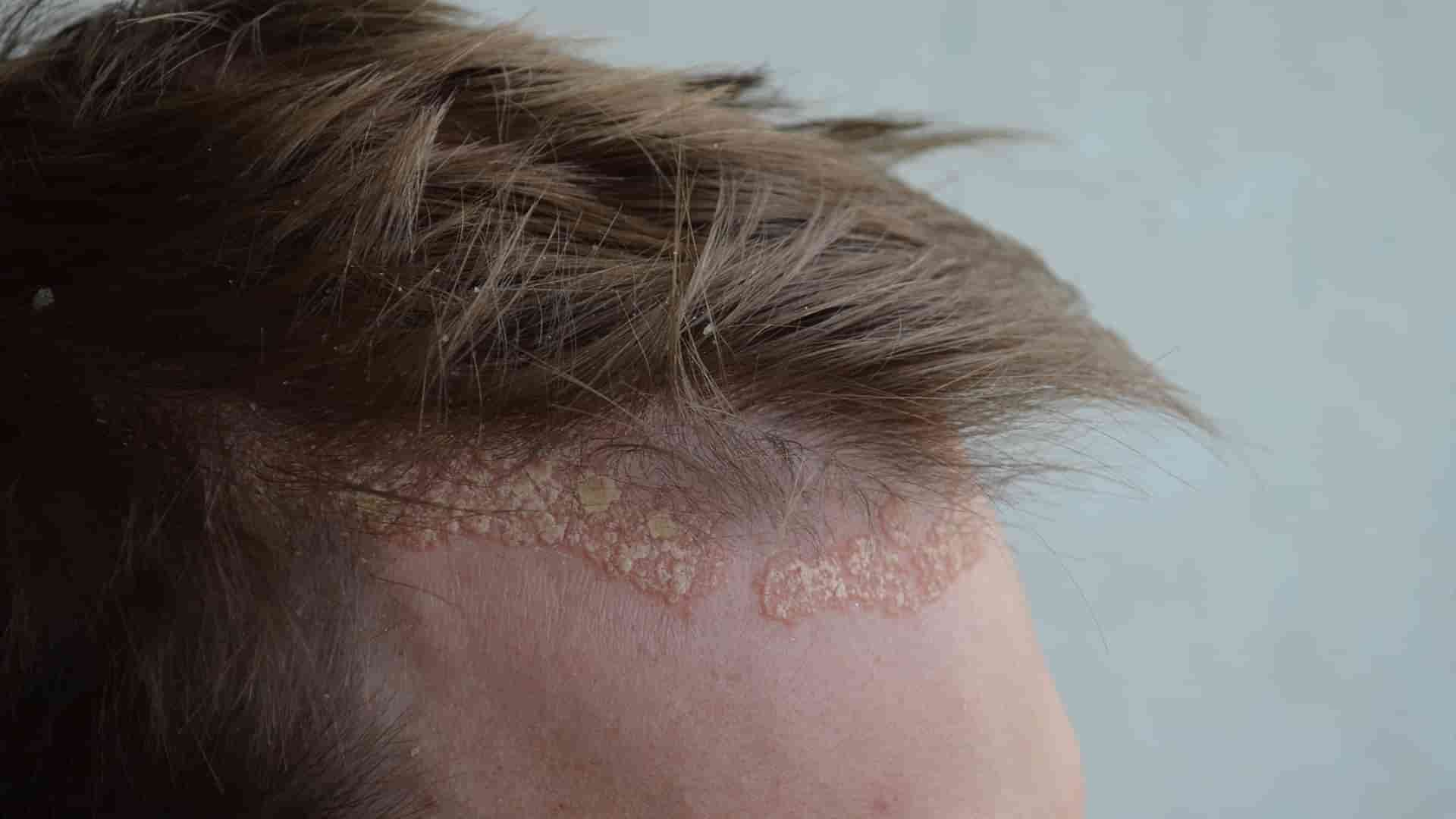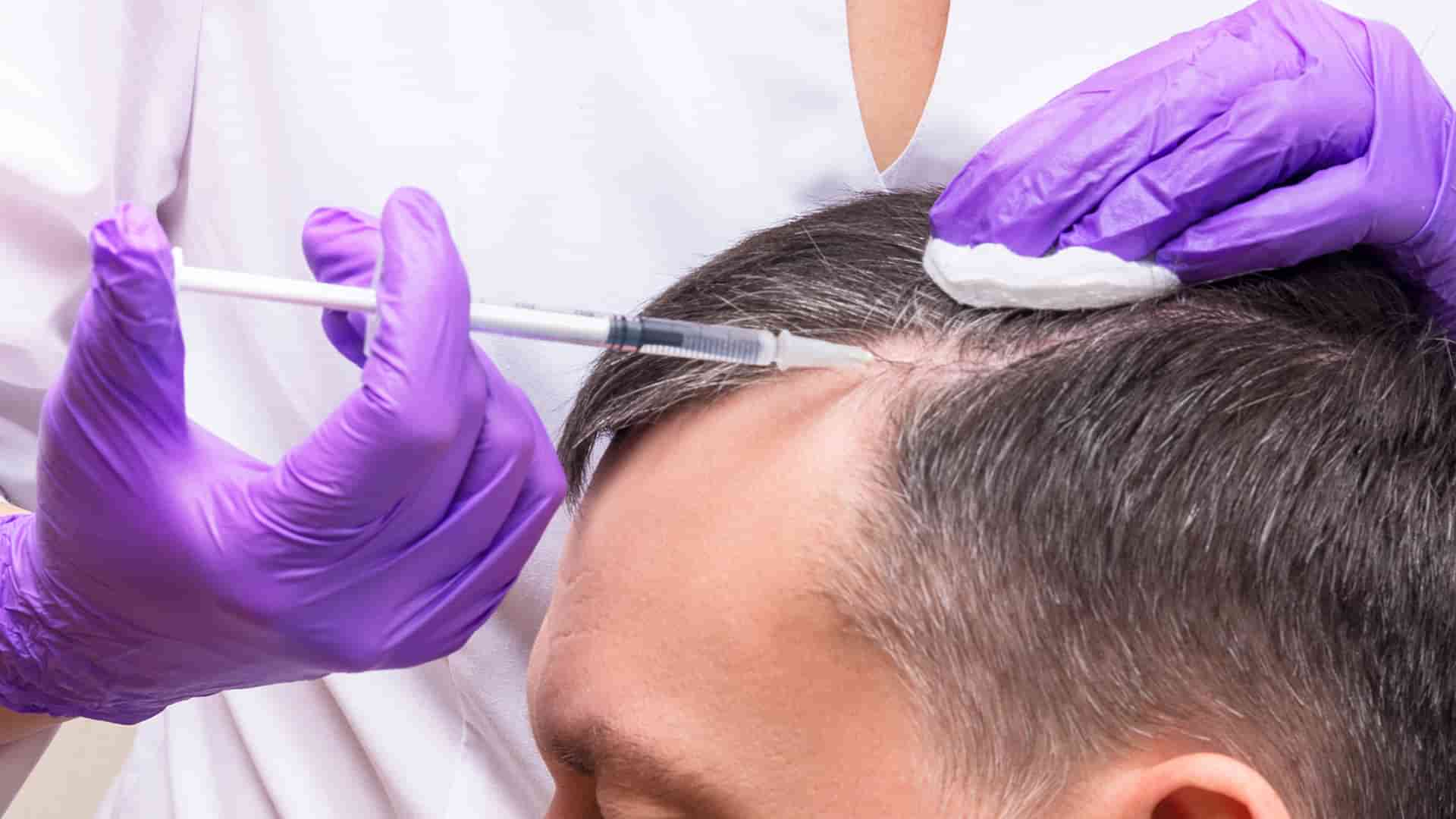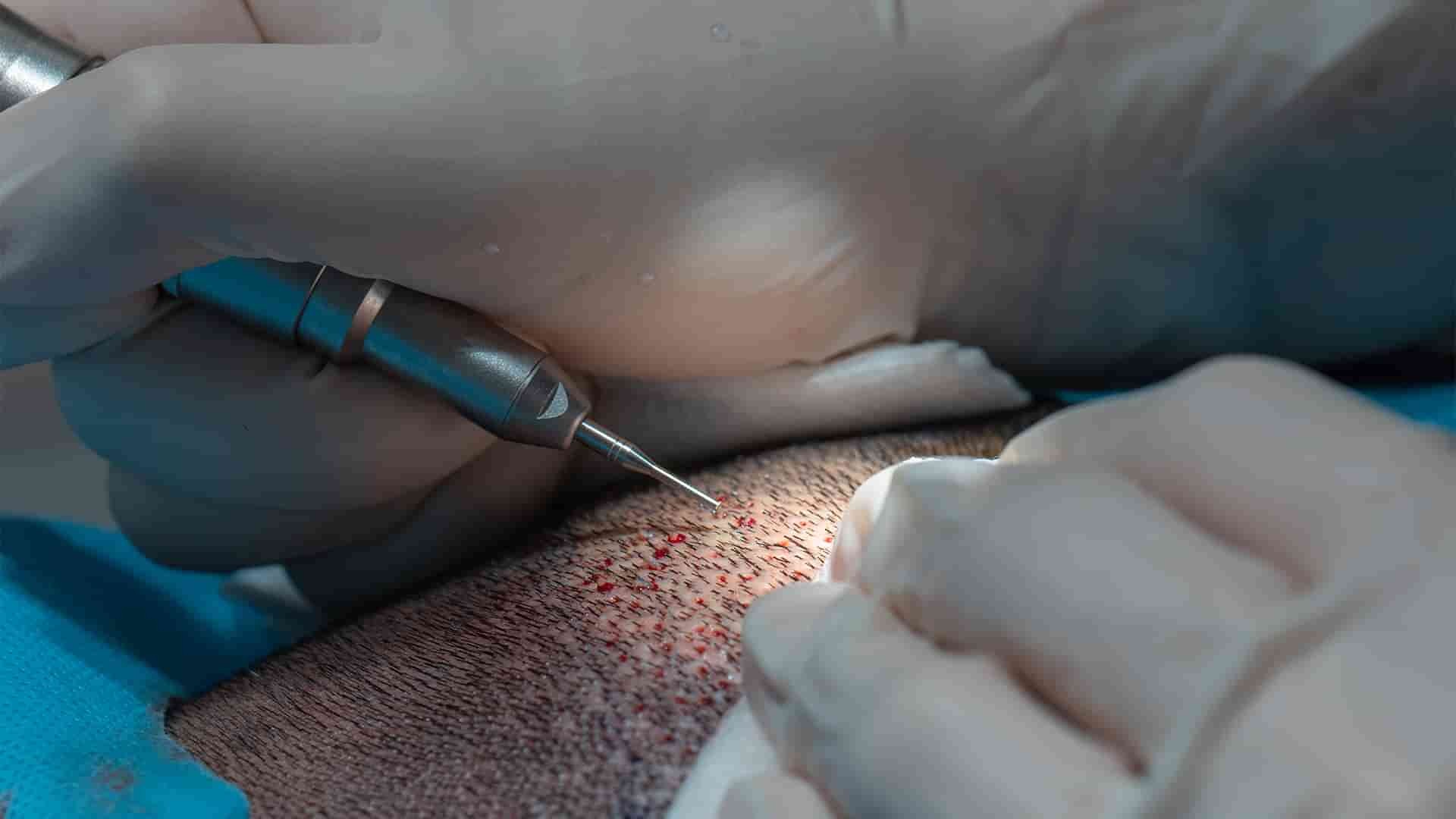Scalp Psoriasis

Scalp Treatment
Psoriasis affects one out of every 50 individuals on the planet. The inaugural day of Psoriasis Awareness Month was August 1st.
What exactly is psoriasis?
Psoriasis is an inflammatory skin disease that affects the surface of the skin. Skin becomes inflamed, red, flaky, and itching, especially around the knees, elbows, and scalp. The illness is said to afflict one out of every 50 individuals, and it affects people of all ages, ethnicities, and genders. A substantial number of individuals are diagnosed before they reach the age of 35. Psoriasis is believed to impact about 100 million individuals globally, including 1.6 million in the United Kingdom and approximately 7.6 million Americans, making it a global concern.
The lesions of psoriasis are frequently seen on parts of the body that are visible to others. Despite its prevalence, there are many misunderstandings about the disease, such that it is contagious and that it affects people's self-esteem. Because the illness is persistent, it can have a detrimental influence on the mental health of those who suffer from it. According to the National Psoriasis Foundation (NPF), depression is the most common comorbidity of psoriasis. Psoriasis patients are twice as prone as the general population to get depressed.
What are our current understandings of psoriasis?
Psoriasis is a prevalent skin disease that is understudied. Psoriasis is considered to be caused by our immune system needlessly speeding up the development of skin cells, resulting in inflammation. Combinations of genes, as well as exposure to certain environmental stimuli, are considered to have a role in the onset of the disease.
Plaque psoriasis, the most prevalent kind of psoriasis, is considered to be caused by a rare genetic mutation known as CARD14. The disease is considered to be aggravated by stress, weather changes, medicines, infections, skin damage, smoking, and alcohol. The majority of people have minor lesions, although the severity varies from person to person. Plaque psoriasis, scalp psoriasis, guttate psoriasis, pustular psoriasis, psoriasis in sensitive regions, and nail psoriasis are the six major kinds.
What options are there for treatment?
To assist ease the symptoms of the illness, topical treatments are frequently administered to the skin. The kind and severity of psoriasis determine the treatment options. You can also contact ENLIVE SKIN AND HAIR CLINIC for more information.






